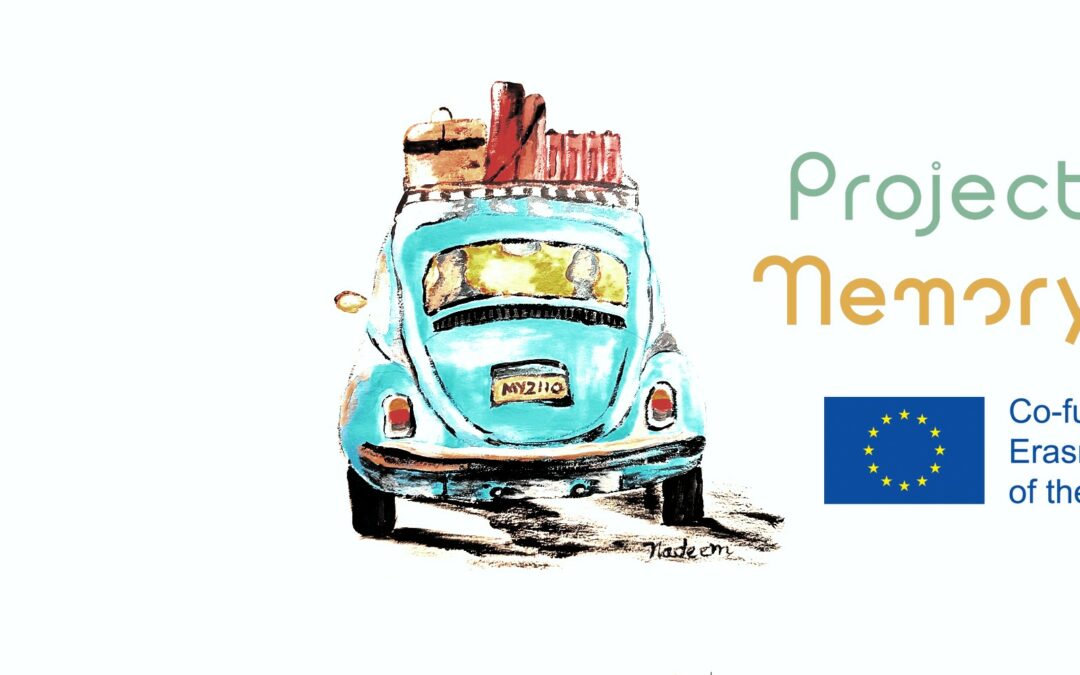Facebook https://www.facebook.com/MemoryProjectEu
– Description:
MEMORY is a multicultural project co-sponsored by ERASMUS+ that aims to collect collective memories for different communities in the participating countries, thereby empowering young people to benefit local communities and setting an example for other communities around the world.
– Implementation period: 2019-2021
– Participating partners:
CSDS is honored to work with many international organizations from Greece, Italy and Peru, including The Academy of Fine Arts in Naples and Fondazione Restoring Ancient Stabiae (RAS) from Italy, Action Synergy from Greece, and finally is Asonedh from Peru.
Participating countries provide comprehensive information about different parts of the world; thus ensuring geographical, linguistic, religious and cultural diversity.
– Project Activities:
The proposed combination of traditional and innovative methods for memory collection includes collection of collective memory for several communities, establishment of training courses and some events with youth groups in the participating countries.
More importantly, an app will be developed for community members to post their memories (photo, video, audio, text, etc.) on the local map. Thus, a brand will be created for each of the community partners in Italy, Greece, Vietnam and Peru through community sources, as everyone will be invited to participate in the project. A celebration of memory will be held at the end of the project to evaluate the methodology as well as the first results.
– Goals and objectives of the project:
In the age of globalization, local identity is on the verge of extinction. This is relevant to limited collective memories because they are not recorded anywhere. As a result, communities or even countries tend to be similar and their authenticity is limited.
The MEMORY project strives to promote the use of authentic information as a source of inspiration in various fields and can contribute to local development. For example, tours based on hidden memories of places may attract tourists, local food (special smell or taste) can be popular among tourists and abroad, etc.
Furthermore, inspired by the theory of Plato and Socrates, in which the relationship between memory and knowledge is emphasized. Through the preservation of memories, the MEMORY project believes that new knowledge can be drawn through interaction and learning between elders and young people in the same community.
Therefore, the project activities include:
1) Preserving cultural values
2) Developing skills of young workers
3) Creating job opportunities for young people
4) Contributing to local development through identifying, valuing and using collective memories.

